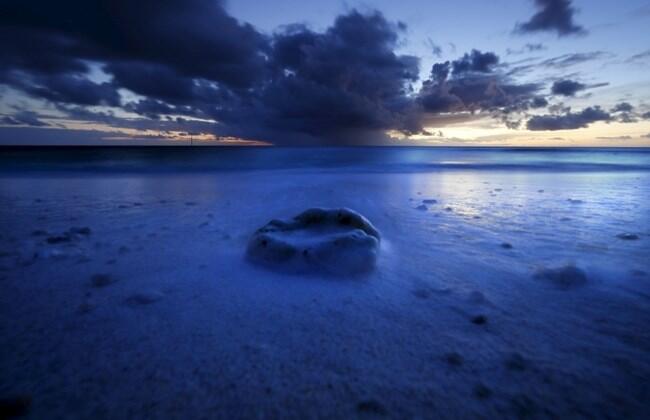UNESCO’s World Heritage Committee held off designating the site as endangered, a move that would have been embarrassing for Australia. But the decision puts pressure on the government to prevent further destruction of the 2,300-kilometer (1,430-mile) reef and requires it to provide progress reports over the coming years. “At the end of the day what matters is that the current documented declines are halted and reversed,” said Fanny Douvere, a UNESCO spokeswoman. Australia’s environment minister, Greg Hunt, told the meeting in Bonn, Germany, that his country had “clearly heard” the committee’s concerns and would strive to implement a 35-year conservation plan. Experts say the Great Barrier Reef’s unique ecosystem is threatened by climate change, waste water, fishing and coastal developments including the use of nearby ports to export coal, all of which harms valuable corals, turtles and dugongs – a species related to manatees. Environmental group WWF said it wants to see Australia swiftly ban dumping in the reef’s waters.











